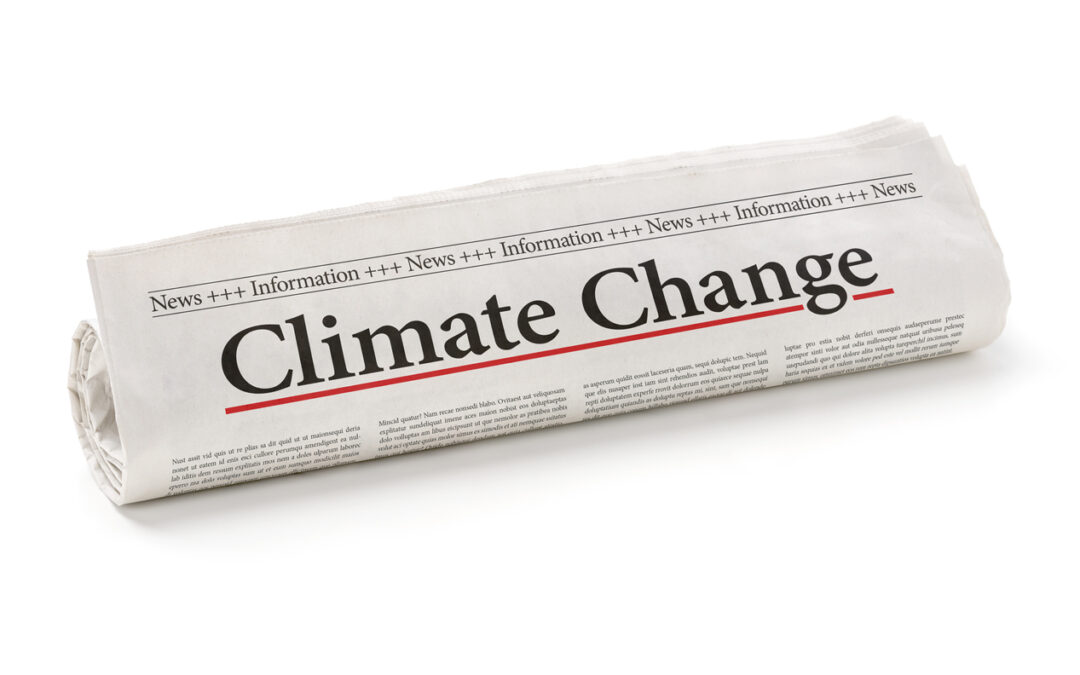A (non-comprehensive and quite random) list of climate change, climate policy and environmental justice stories from the past week.
African children bearing the brunt of climate change impacts. Children in 48 out of 49 African countries assessed were found to be at high or extremely high risk of the impacts of climate change, based on their exposure and vulnerability to cyclones, heatwaves and other climate and environmental shocks, and access to essential services. (Read the full story here)
UNESCO World Heritage Sites often ‘last line of defence against extinction.’ Although properties protected under the World Heritage Convention make up less than one per cent of the Earth’s surface, they harbour more than 20 per cent of the planet’s biodiversity, new research by UNESCO and the International Union for Conservation of Nature (IUCN) has revealed. (Read the full story here)
UK could quit ‘climate-wrecking’ treaty, minister announces. he UK could pull out of the international energy charter treaty if attempts to reform it fail, the energy minister, Graham Stuart, has said. The energy charter treaty (ECT) is a system of secret courts that enables companies to sue governments over policies that would cut their future profits. Companies have sued over phasing out coal-fired power stations, ending offshore oil drilling and banning fracking, with some receiving large taxpayer-funded payouts. (Read the full story here)
The people of Ecuador just made climate history,. Days ago, voters in Ecuador approved a total ban on oil drilling in protected land in the Amazon, a 2.5m-acre tract in the Yasuní national park that might be the world’s most important biodiversity hotspot. The area is a Unesco-designated biosphere reserve and home to two non-contacted Indigenous groups. This could be a major step forward for the entire global climate justice movement in ways that are not yet apparent. (Read the full story here)
Why rich nations must pour climate funds into Africa. Wherever you are in the world, this summer has shown beyond doubt that the climate crisis is manifesting with ever more extreme effects. Soaring temperatures and wildfires across Europe and North America should make it clear to politicians, voters and investors that this crisis affects not just the “developing world” but is a common threat that demands a common response. For those of us in Africa, there is temptation to ask: “What took you so long?” We have been experiencing the impact of climate-related droughts, storms, cyclones, flooding and heat for decades now, and have had to show resilience and innovation in our efforts at adaptation. (Read the full story here)
China’s summer of climate destruction. China’s summer this year has seen both extreme heat and devastating floods. And the flooding this time around has struck areas where such weather has been unheard of, with scientists – blaming climate change – warning that the worst is yet to come. “I’ve never seen a flood here in my whole life,” says 38-year-old Zhang Junhua, standing next to a vast patch of rice, now completely useless. “We just didn’t expect it.” (Read the full story here)
How is sign language adapting to climate change? For deaf children, teachers and scientists, talking about things like “greenhouse gases” or “carbon footprint” used to mean spelling out long, complex scientific terms, letter by letter. (Read the full story here)
Modern slavery: Pakistan’s latest climate change curse. As Pakistan finds itself in another unpredictable monsoon season, vulnerable farming communities face a resurgence of indentured servitude and other forms of modern slavery. (Read the full story here)
President Biden on Saturday said that no intelligent person can deny the impacts of climate change after the president toured storm damage in Florida from Hurricane Idalia. “Nobody can deny the impact of climate crises—at least nobody intelligent can deny the impact of the climate crisis anymore. Just look around, around the nation and the world for that matter,” Biden said while in Live Oak, Fla. “Historic floods, intense droughts, extreme heat, deadly wildfires that have caused serious damage that we’ve never seen before.” (Read the full story here)
Thousands meet in Nairobi for the first Africa Climate Summit. The Africa Climate Summit is the first time the African Union has summoned its leaders for a conversation fully devoted to climate change. A central point of discussion will be changing the global financial architecture. (Read the full story here)

